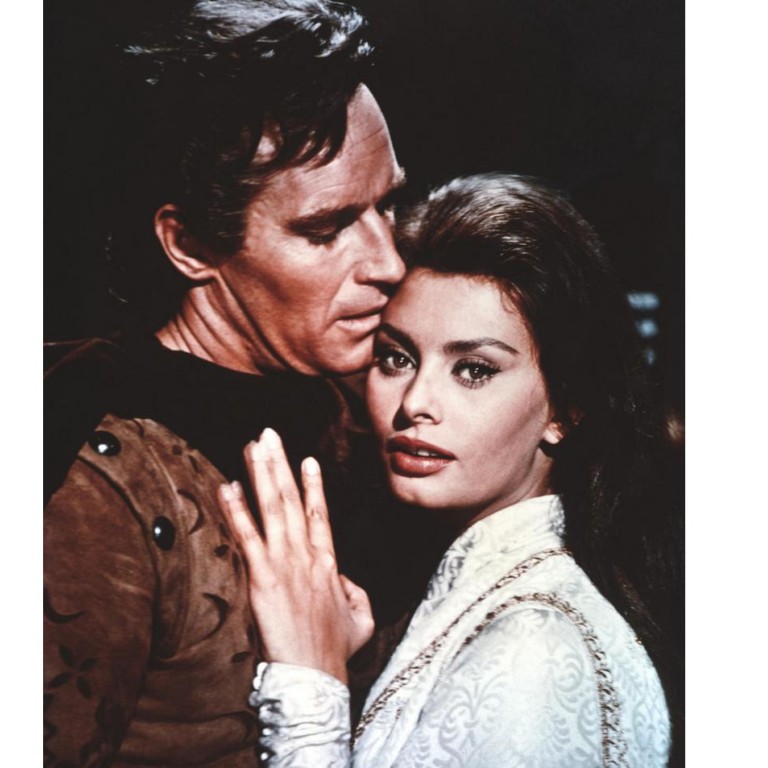
Rewind, film: 'El Cid' directed by Anthony Mann
Charlton Heston, Sophia Loren
Anthony Mann
In the 1960s, when cinematic achievement was measured in the gargantuan proportions of swollen spectacles and inflated budgets, heroes both mythical and real had their tales told on film. From ancient Roman emperors and biblical tales, to colonial British officers and Russian revolution physicians, audiences couldn't get enough.
These mammoth biopics included the tale of Rodrigo Diaz de Vivar, a 10th-century Spanish knight better known to his followers as El Cid. When Vivar shows leniency to two Muslim Moors, he's labelled a hero to the fair but a traitor to the cause. Across its three-hour running time, we follow El Cid (played by Charlton Heston) through exile, wars, clashes of religion and culture, and most important to him, the capricious feelings of his beloved Jimena (Sophia Loren).

Much of that direction is due to Anthony Mann, a studio-system filmmaker with a firm authorial vision. Throughout his career, Mann adapted his genre sensibilities to the changing tastes of fickle audiences, but each change was accompanied by influential filming and storytelling techniques, alongside discreet appraisals of the zeitgeist.
He made grim films noir during the war-torn 1940s, stark westerns of principle in the recovering '50s, and here in the booming '60s, epics where heroism was ruthlessly bound to morality and honour.
It's all there on the silver screen: interiors framed like giant Peter Paul Rubens paintings and battles with thousands of extras on desert landscapes. It was all filmed with a precision that never lost sight of the story's purpose: to question the ethical basis of a war between two religions.
We find that with the leads as well: Heston's chiselled-in-marble face might be the stereotype of all heroes from that era, but he injects El Cid with a sense of hesitant pathos - thrown into a war he does not believe in, and being the only possible leader because of it.
Similarly, Loren might lack screen time, but the actress never feels like a female obligation, saying more with a glance than with words.
feels every part as grand and honorable as a tale from the Bible and demands to be seen on a giant screen.
